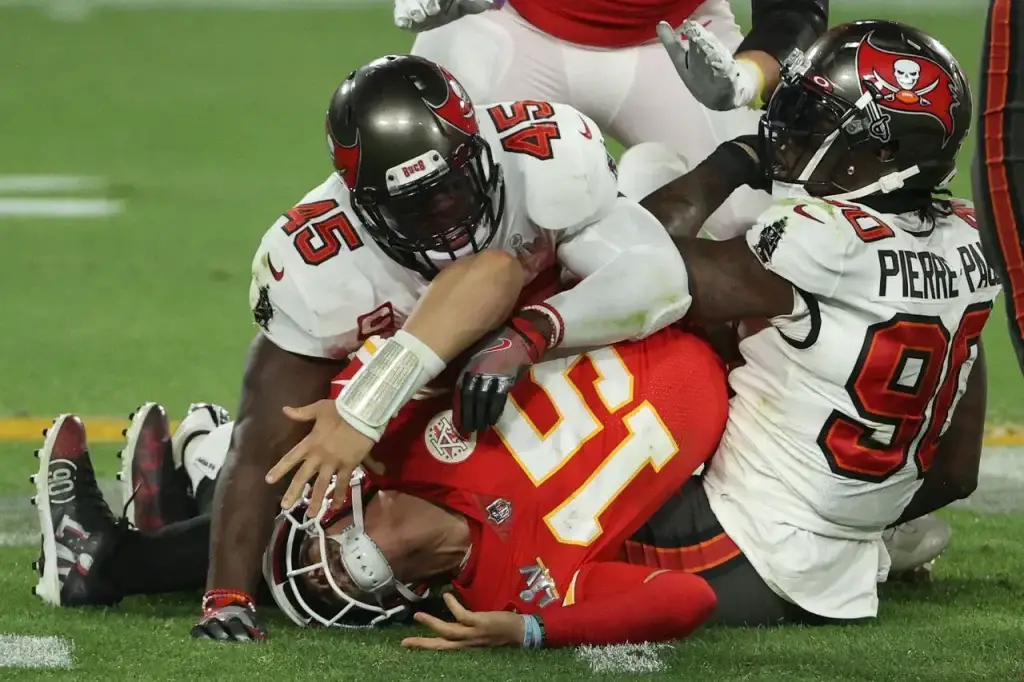Under Maintenance
We deeply apologize for interrupting your reading but Vendetta is currently undergoing some important maintenance! You may experience some layout shifts, slow loading times and dififculties in navigating.

The way we talk about football is broken. Our fixation on statistics deprives fans of the context necessary to understand what makes teams successful or unsuccessful. We lose all sense of nuance when we reduce players to their stats.
When a quarterback throws for 4,000 yards and 30 touchdowns, that doesn’t actually tell us that much about that player on its own. All it really tells us is that that player’s team has a functional, productive passing offense, which takes much more than just a quarterback to put together. Despite how much counting stats have trained us to overweigh quarterbacks’ value, it’s just as common for bad quarterbacks to put up eye-catching numbers while being propped up by scheme or a talented supporting cast as it is for good quarterbacks to cover up their teams’ shortcomings.
Super Bowl LV was a great example of how stats can mislead us about a player’s performance.
Patrick Mahomes’ 26 completions on 49 attempts, 270 yards, two interceptions, and zero touchdowns seems startling upon first glance. However, the fact that Mahomes threw at least 10 of the most incredible incomplete passes I’ve ever seen all while spending the whole game running for his life behind an overmatched offensive line is found nowhere on the stat sheet.
Most people involved in football discourse (not named Stephen A. Smith) seem to understand that Mahomes was not to blame for the Chiefs’ loss, but I doubt that many of those same people will keep that game in mind the next time someone like Cam Newton struggles alongside a barren wasteland of offensive talent like the 2020 New England Patriots.
Even advanced stats like EPA and QBR also often tell us more about a player’s team than their individual performance. While I appreciate the football analytics’ community’s good intentions I have a hard time seeing analytics ever become as valuable in football as they are in a sport like basketball.
First off there are just so many more individual events that happen in a given football play than there are in a basketball possession. Additionally, unlike basketball not every football play has the same goal, further muddying the water.
Finally, the sample size of an entire NFL season is tiny compared to that of an NBA Season. In the NBA every team gets 82 games with roughly 100 scoring opportunities per game while in the NFL you only have data from 16 games with roughly 8 scoring opportunities per game.
Platforms like PFF have unique flaws of their own, but they’ve already been ridiculed enough on this website, and come to think of it, the internet as a whole.
Football is really not that difficult to understand, nobody should feel intimidated by it. Learning takes a little time, but I believe anybody can develop a sophisticated understanding of the sport. But you’re simply never going to get there by just looking at numbers.